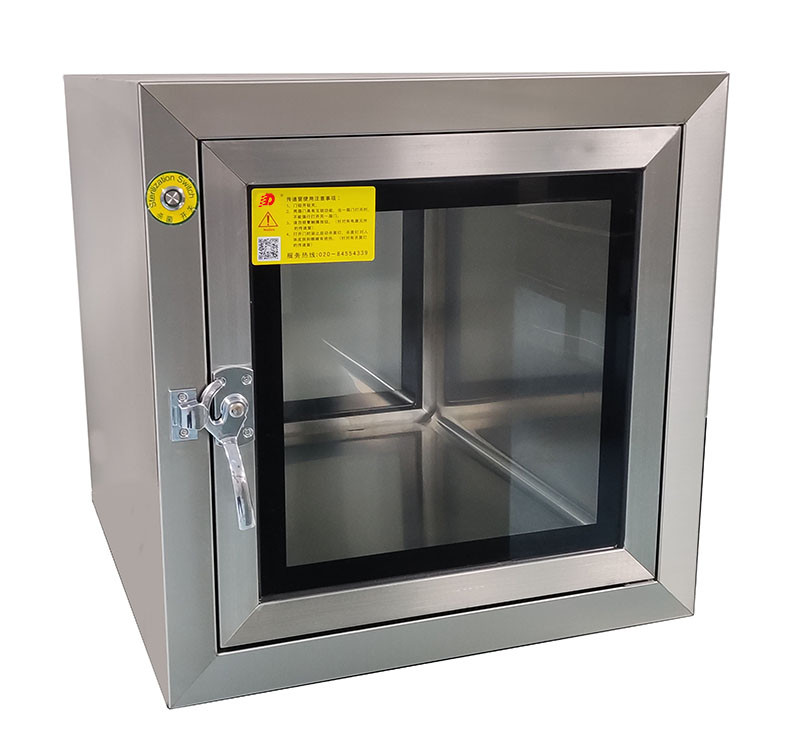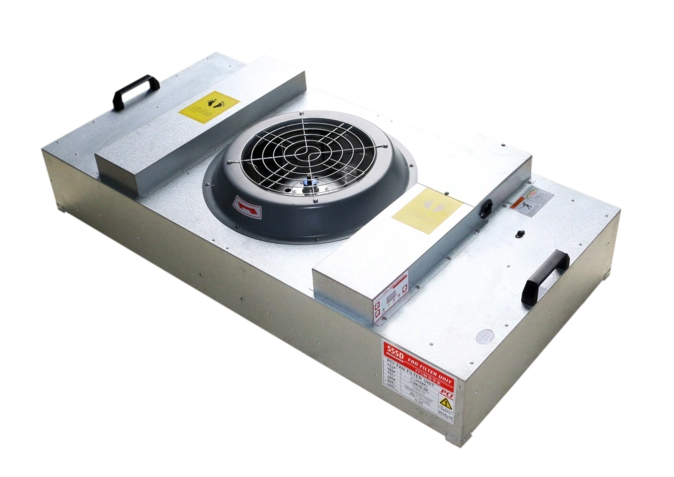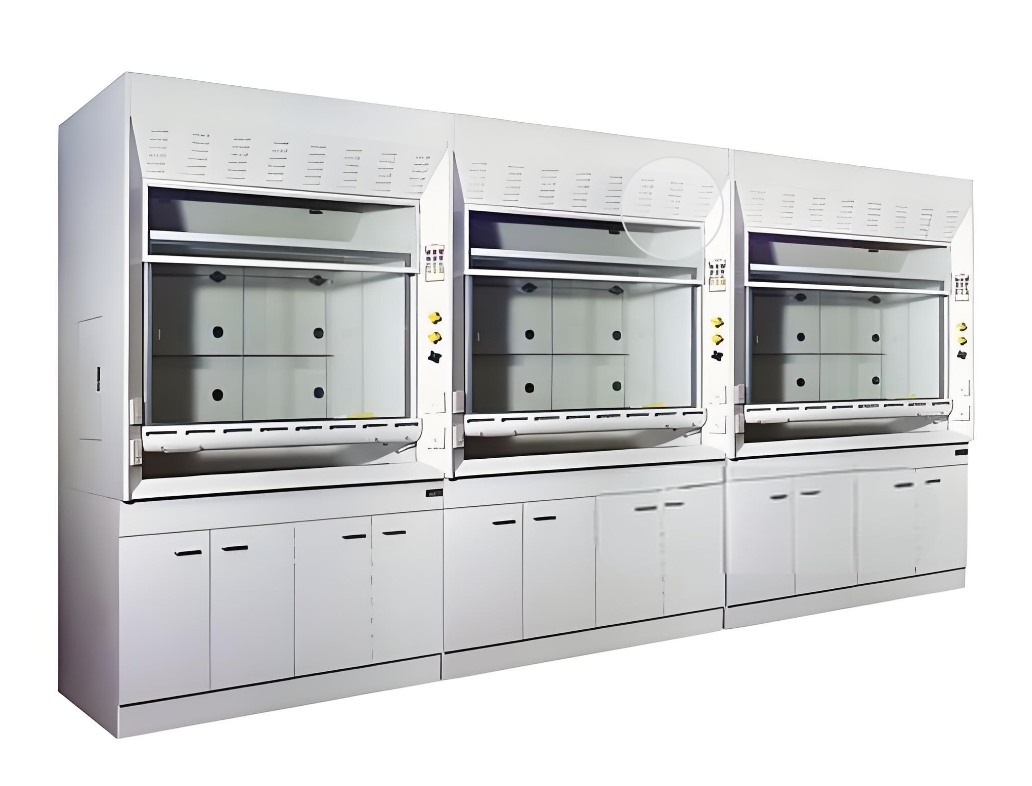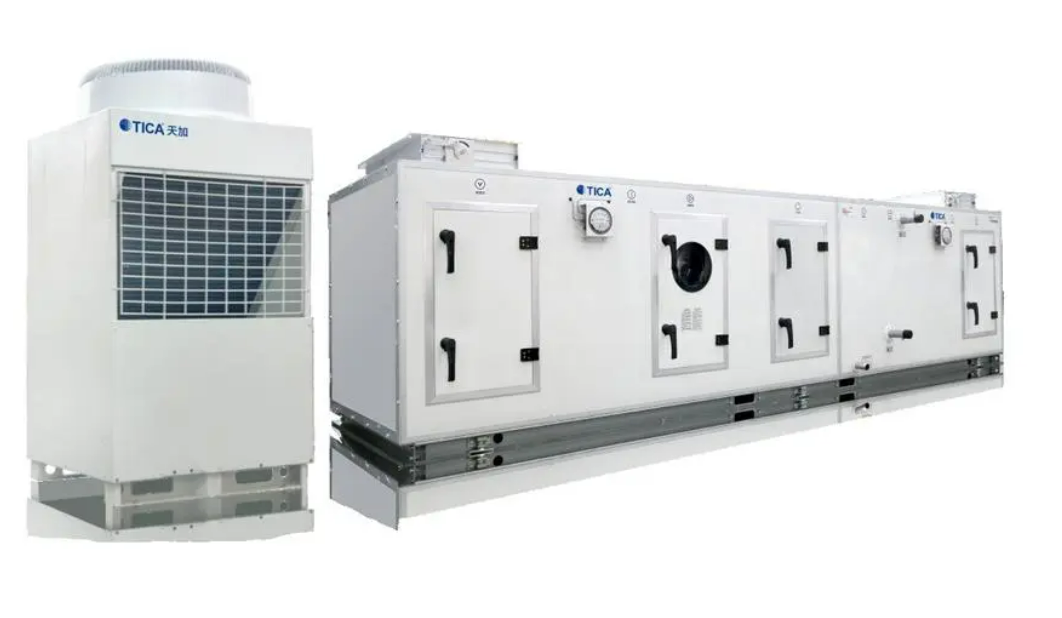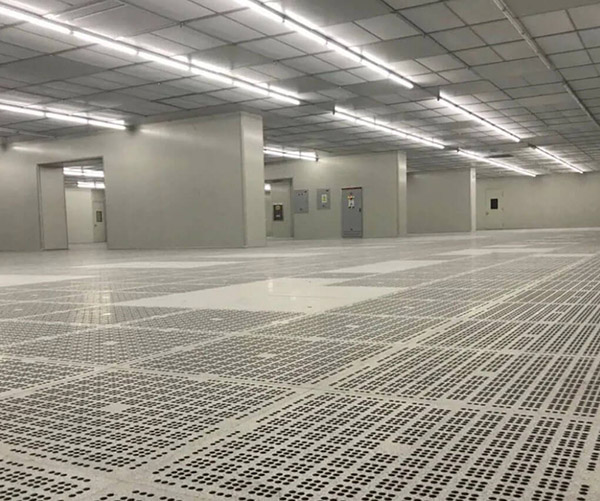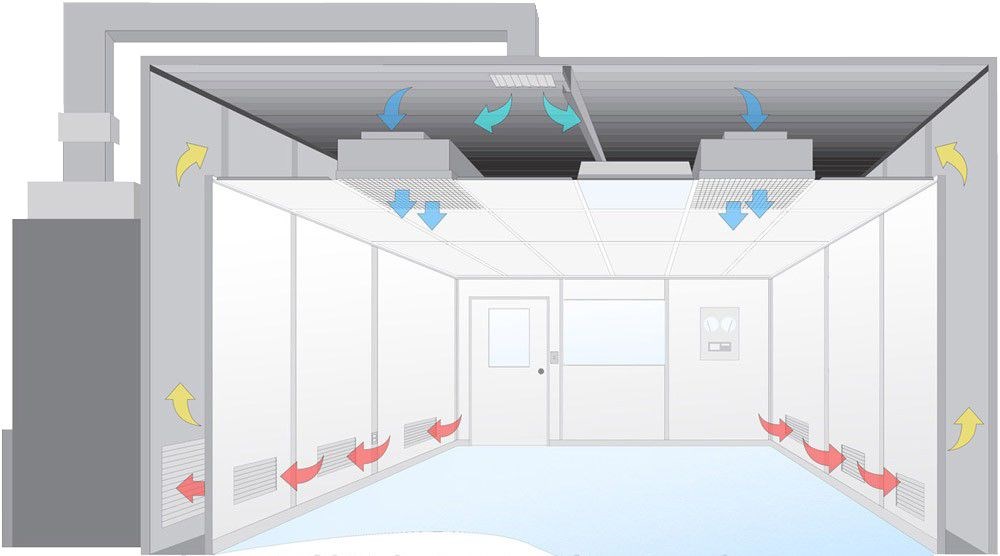Can a medium filter Remove Allergens?

1. Understanding Medium Filters
Medium filters typically have a Minimum Efficiency Reporting Value (MERV) rating ranging from 6 to 8. This means they can capture particles sized between 3 and 10 micrometers, including dust, mold spores, and pollen.
2. Allergen Removal Efficiency
While medium filters can reduce the presence of larger allergens, their efficiency diminishes when it comes to smaller particles. According to the American Society of Heating, Refrigerating and Air-Conditioning Engineers (ASHRAE) Standard 52.2, a MERV 8 filter captures approximately 70-85% of particles in the 3 to 10-micron range. However, for allergens like pet dander, which can be as small as 2.5 microns, medium filters may only capture about 20-50%.

3. Comparison with hepa Filters
For comparison, HEPA filters, rated at a minimum of 99.97% efficiency for particles of 0.3 microns, offer significantly better protection against allergens. This makes them the preferred choice for individuals with allergies or respiratory issues. In contrast, while medium filters can assist in improving air quality, relying on them solely may not provide adequate allergen removal for sensitive individuals.
Which is the most powerful type of Air Filter?
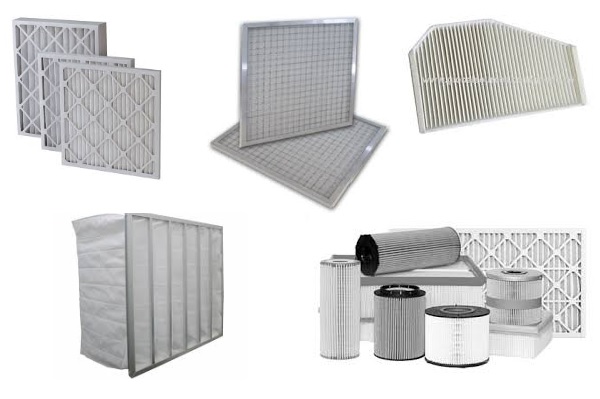
hepa filters: The Gold Standard
HEPA (High-Efficiency Particulate Air) filters are widely recognized as the most effective air filters available. They can capture up to 99.97% of particles as small as 0.3 microns, including dust, pollen, and pet dander. This high level of filtration makes hepa filters ideal for improving indoor air quality, especially for allergy sufferers and those with respiratory issues.
Activated Carbon Filters
Activated carbon filters excel at removing odors and volatile organic compounds (VOCs) from the air, making them a great complement to HEPA filters.
Do AC filters help with allergies?

Yes, air conditioning (AC) filters can significantly help with allergies. By trapping dust, pollen, mold spores, and other allergens, these filters improve indoor air quality. Regularly changing or cleaning AC filters ensures they function effectively, reducing the number of allergens circulating in your home. This is particularly beneficial during allergy seasons when outdoor pollen levels are high. Additionally, using high-efficiency filters can further enhance the air purification process, providing relief for individuals with allergies or asthma. Overall, maintaining clean AC filters is a simple yet effective way to create a healthier living environment.
Are thicker air filters better?

Enhanced Filtration Efficiency
Thicker air filters generally offer better filtration efficiency compared to their thinner counterparts. They have a larger surface area, allowing them to capture more particles and allergens. This increased capacity means they can trap more dust, pollen, and other pollutants, leading to cleaner air in your home. However, it's essential to ensure that your HVAC system can accommodate thicker filters without affecting airflow.
Longevity and Maintenance
Thicker filters tend to last longer than thinner ones, requiring less frequent replacement. This can save you time and money in the long run, as you won't need to change them as often.

Consider Your System's Compatibility
While thicker filters provide many benefits, it's crucial to consider your HVAC system's specifications. Not all systems are designed to handle thicker filters, and using one that is too thick can restrict airflow, leading to decreased efficiency and potential damage. Always consult your system's manual or a professional before making a switch.
Balance is Key
Ultimately, the best filter for your needs balances thickness, filtration efficiency, and compatibility with your HVAC system.
 +86 18186671616
+86 18186671616 Jason@cleanroomequips.com
Jason@cleanroomequips.com
 MENU
MENU







